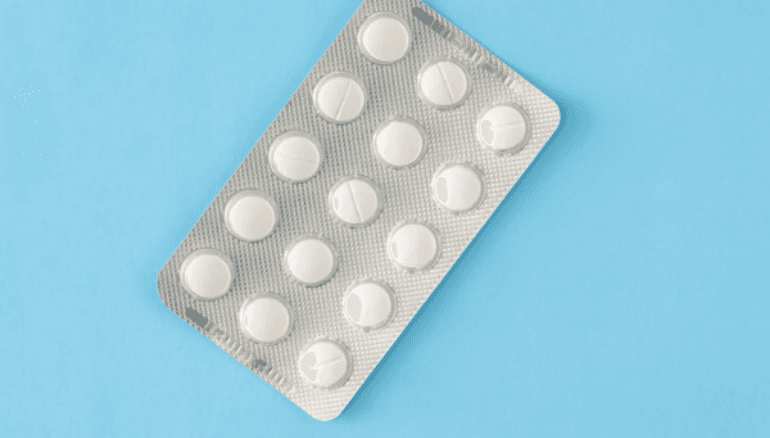Question
Do antidepressants affect male fertility?
Answer
Around 12% of Australians aged between 18 to 47 take antidepressants[1]. Many people in this age group will be hoping to have children and might wonder about the effects of antidepressants on their fertility.
Selective serotonin reuptake inhibitors (SSRIs) are the most commonly used antidepressants. Because this class of drugs is so common, we know more about SSRI effects on fertility than other types of antidepressant medications.
SSRIs certainly affect male sexual function. They increase the time taken to reach orgasm (they are used to treat some men with premature ejaculation) and can inhibit orgasm completely on some, but not all, occasions.
When it comes to male fertility, SSRIs can reduce sperm count, inhibit sperm motility (movement) and damage the genetic material (DNA) in the sperm[2],[3]. Low sperm counts, poor motility and DNA breakage can reduce male fertility but whether SSRIs influence couples’ ability to get pregnant is not known[4],[5].
It’s reassuring that the effects of SSRIs on sperm are reversed if SSRIs are no longer taken2.
For infertile couples using IVF or other types of assisted reproductive techniques, pregnancy success might be lower if the male partner has depression[6]. Whether SSRIs affect the fertility of men in this situation is unknown.
You shouldn’t stop taking medication without advice from a health professional.
Talking with your GP, psychiatrist, psychologist and/or fertility specialist will help you decide whether you should keep taking your antidepressants and how to manage your mental health if you and your partner are trying to conceive.












